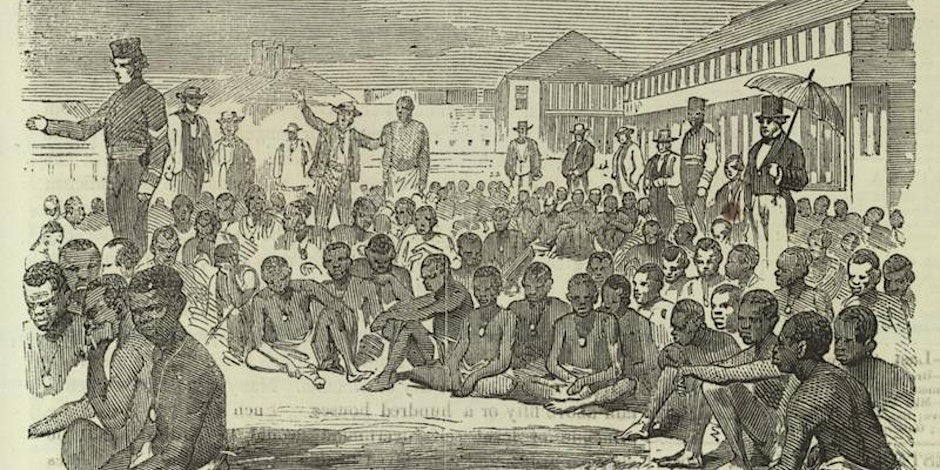After Abolition: Scottish Enslavers and the Persistence of Unfree Labour
Research has established that Scots were disproportionately involved in the trafficking of African peoples to the British Caribbean and in their daily oppression on sugar estates. Such analyses often end with the British legislative abolition of slavery in 1834, failing to consider Scotland’s role in the coerced forms of labour that followed in its wake. From the mid-nineteenth century, thousands of labourers from Africa, India, Europe, and China were indentured on British Caribbean plantations, sometimes working alongside enslaved Africans. This unfree labour system, sometimes described as a ‘new form of slavery,’ aimed to extend the cultivation of sugar so that Britain could successfully compete with Brazilian and Cuban sugar economies.
This presentation by Dr. Shantel George (University of Glasgow) examines the indentureship system and how Scottish investors and enslavers continued to profit from unfree forms of labour after 1834, allowing for a more capacious understanding of Scotland’s imperial past.
The talk will be in Domestic Bliss, Gallery 4.
This talk is part of the programming for Black History Month 2023 – find out about more events here: https://www.blackhistorymonthscotland.org/
Image original caption: Group of Slaves on the Parade, Fort Augusta.
“Africans Liberated from a Slave Ship, Jamaica, 1857”, Slavery Images: A Visual Record of the African Slave Trade and Slave Life in the Early African Diaspora, accessed August 23, 2023, http://www.slaveryimages.org/s/slaveryimages/item/2763




